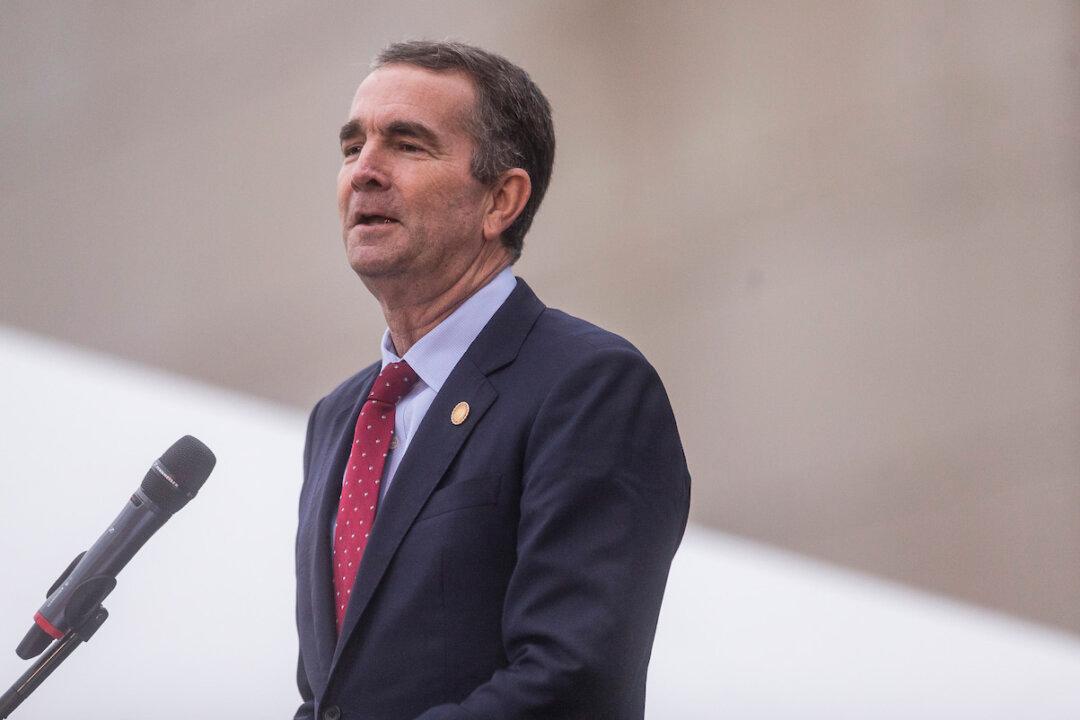Virginia Gov. Ralph Northam has signed legislation that includes a ban on no-knock warrants, making the commonwealth the third state-level jurisdiction to do so.
Florida, Oregon, and at least 13 local governments or police departments across the country have either banned the warrants or restricted their use. No-knock warrants allow law enforcement officials to enter a residence forcibly without having to announce their purpose or identifying themselves as police.




